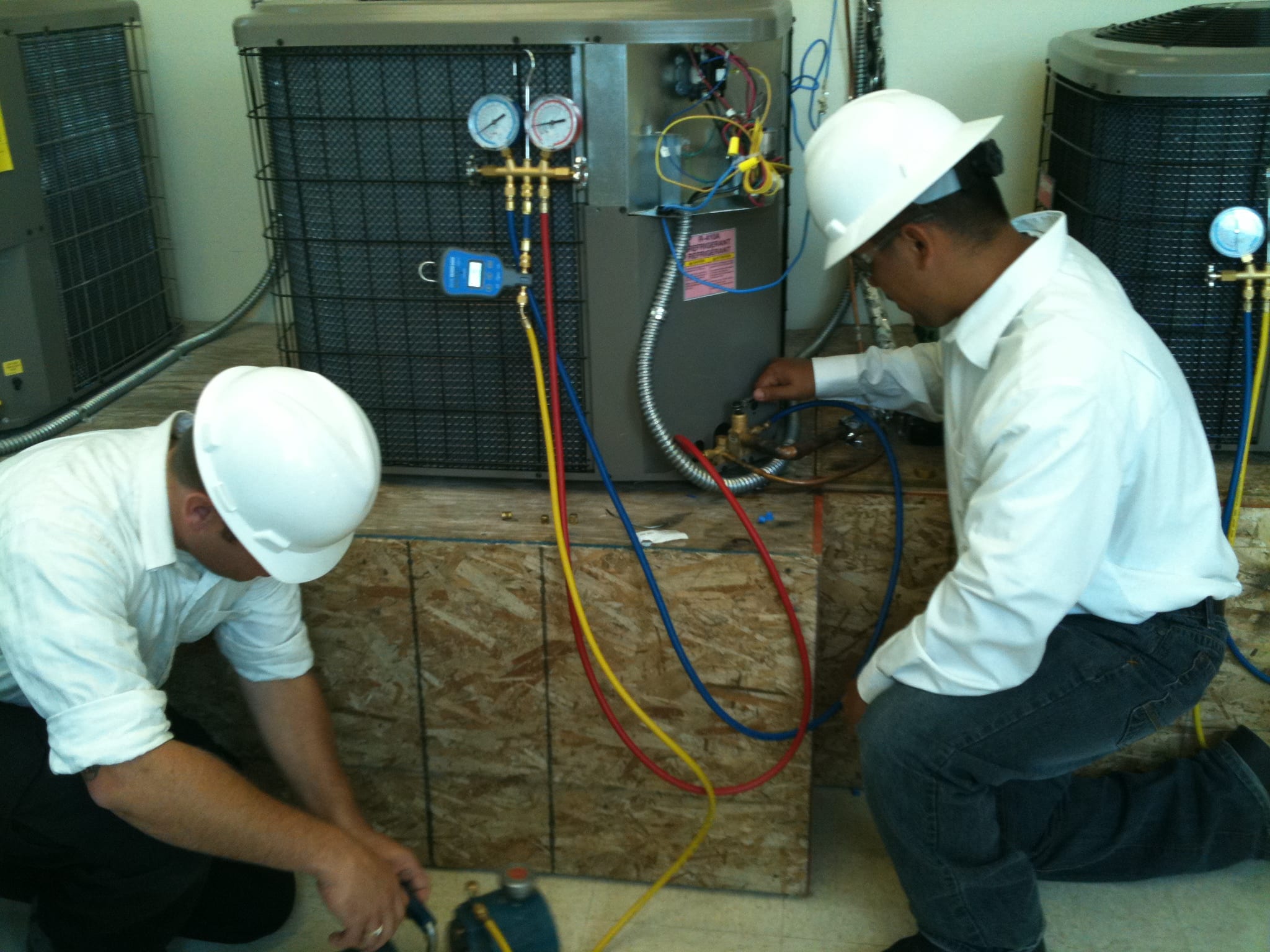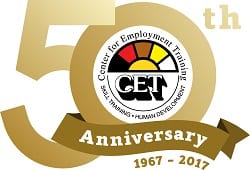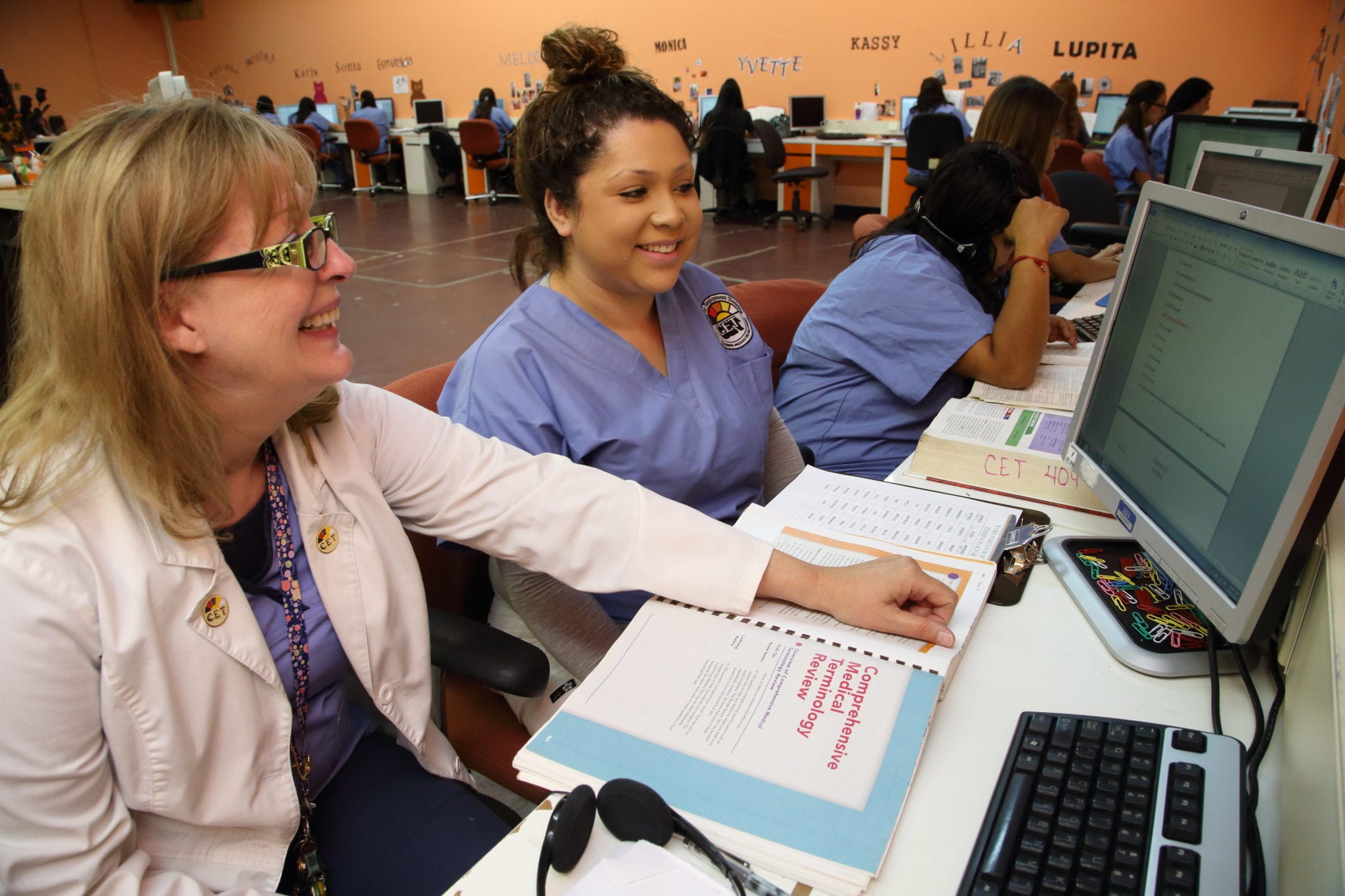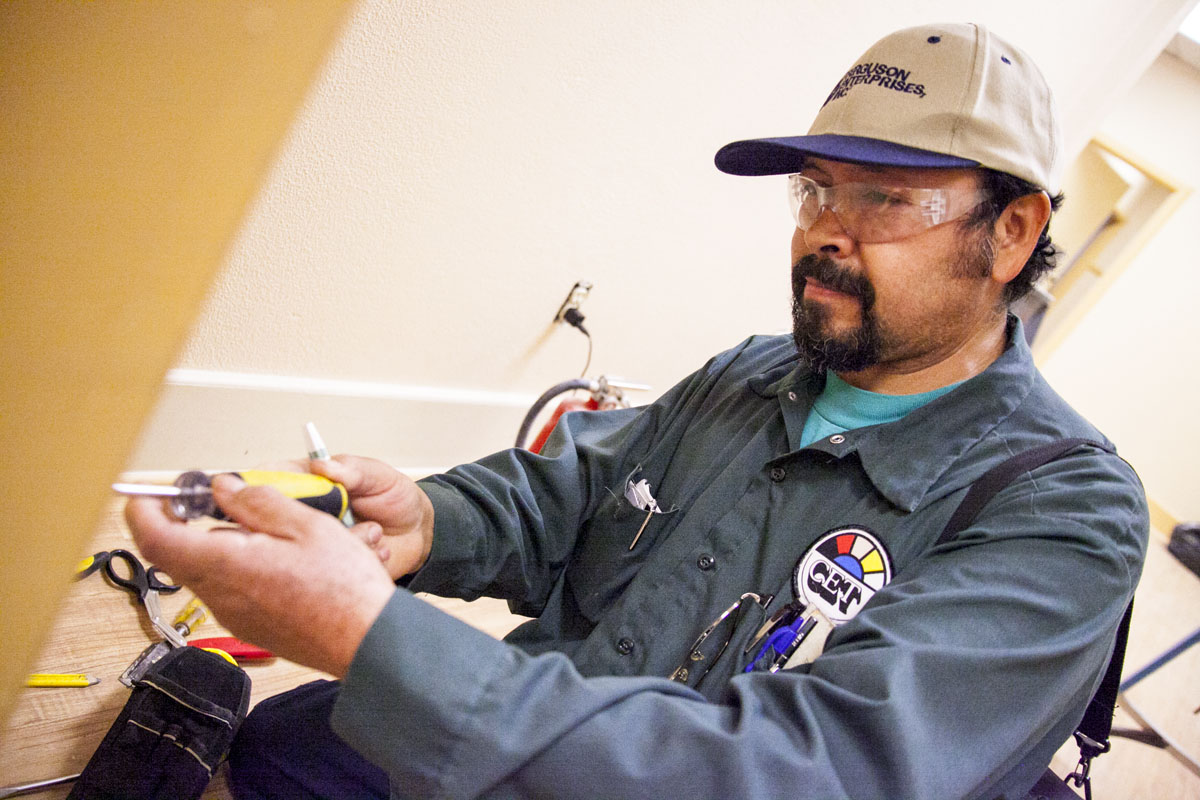Make Job Training More Affordable with These Four Options
Education can be expensive. Too expensive. And, unfortunately, that can sometimes include job training.
2 min read
 Amy Lawrence
:
Mar 9, 2020 9:00:00 PM
Amy Lawrence
:
Mar 9, 2020 9:00:00 PM

With temperatures across the country constantly yo-yoing, the need for skilled workers in the plumbing, heating and cooling industry has never been greater. That means it’s easier than ever to get into the plumbing-heating-cooling (PHC) industry — if you have the right skills. Unfortunately, the skill gap in the PHC industry has been an issue for contractors, manufacturers and distributors for years.
Over $1 billion was invested in new construction projects in November 2017, and nearly everyone in the industry felt the pain of having too few skilled workers. Now, the industry is taking meaningful steps to address this skill gap. Educational institutions are providing more advanced technical training from the start, and industry leaders are creating new programs to continue training for ever-changing technology.
These aren’t the only steps being taken. Nearly everyone who is involved in the industry — or even looking in from the outside — are working to make sure more skilled PHC workers are entering the workforce.
For decades, high schools have pushed for students to go to a four-year college and get a degree. However, the reauthorization of the Carl D. Perkins Career and Technical Education Act, over $1 billion annually is allocated to fund career-focused education and job training programs, including in the HVAC industry.
In addition, new charter schools are being created specifically to teach younger students the skills they need for architecture, construction and engineering careers. In too many situations, the lack of government funding shuts down technical training in schools. But with the Career and Technical Education Act and the introduction of specialized charter schools means more students are gaining the skills they need to enter the PHC industry.
It’s not just government funding that’s helping increase the numbers of skilled workers in the plumbing, heating and cooling industries. Private associations like TV personality Mike Rowe’s mikeroweWORKS Foundation has provided millions in education for trade schools and job training.
The plumbing, heating and cooling industry has developed a variety of programs that help raise the level of professionalism and technical skills in workers. Members of the industries are creating these programs in order to differentiate themselves from their competitors. In addition, by creating these programs, PHC trades, in general, are being made more attractive to students.
National Association Workforce Development Center: This resource provides career-training videos, posters, ads, information on pre-apprenticeship programs, and more.
Mechanical Contractors Association of America Great Futures: Through this website, potential employees can view student resumes, and students can access industry resources and news.
Nexstar Foundation’s Troops to Trades: This program was developed by the U.S. Army Garrison at Fort Campbell in Kentucky, along with a local plumbing company, to help veterans learn a new trade after serving.
United Association’s Veterans in Piping: This program specifically trains veterans in the skills needed to lead careers in the plumbing and HVAC industry.
Nearly every state has a job training program to help residents learn the skills they need to get into the plumbing, heating and cooling industries. You can look up the workforce development program in your state online, or you can contact your state’s labor department for more resources. You can also get the job training you need to enter the PHC industry at various technical and vocational schools across the country. Get the training you need today so you can get into a well-paying and long-lasting career!

Education can be expensive. Too expensive. And, unfortunately, that can sometimes include job training.

In recent years, career and technical education programs have become an increasingly important part of our American education system.

Anyone who has ever achieved their dream job can tell you, the satisfaction of success is priceless. The good news is: the jobs can also be very...